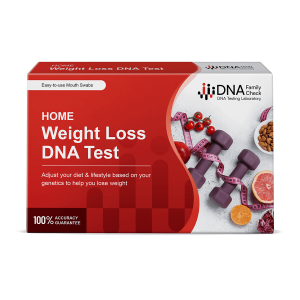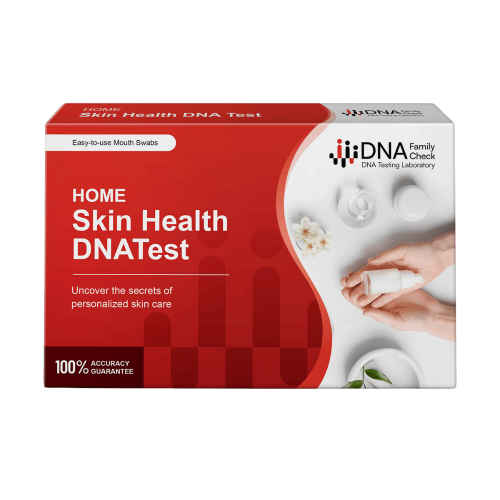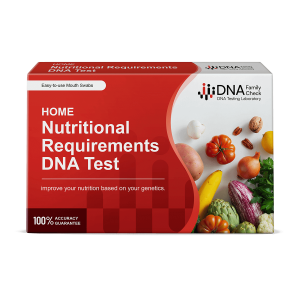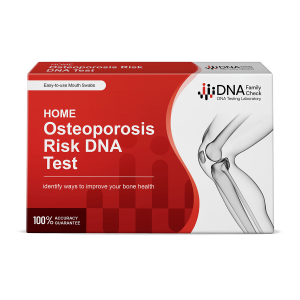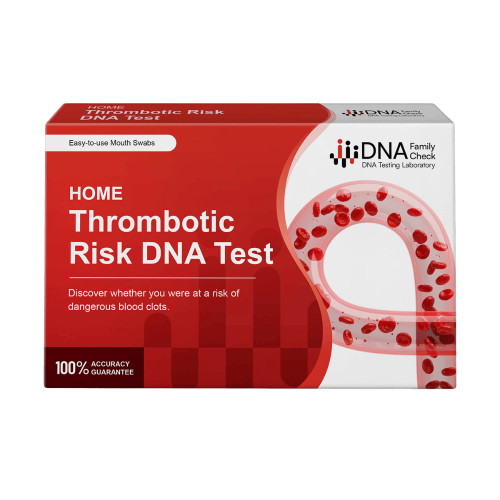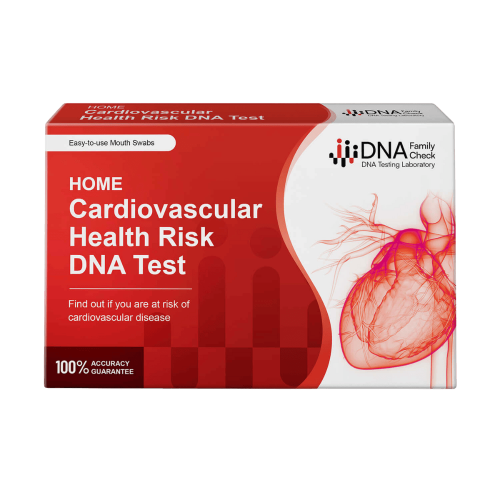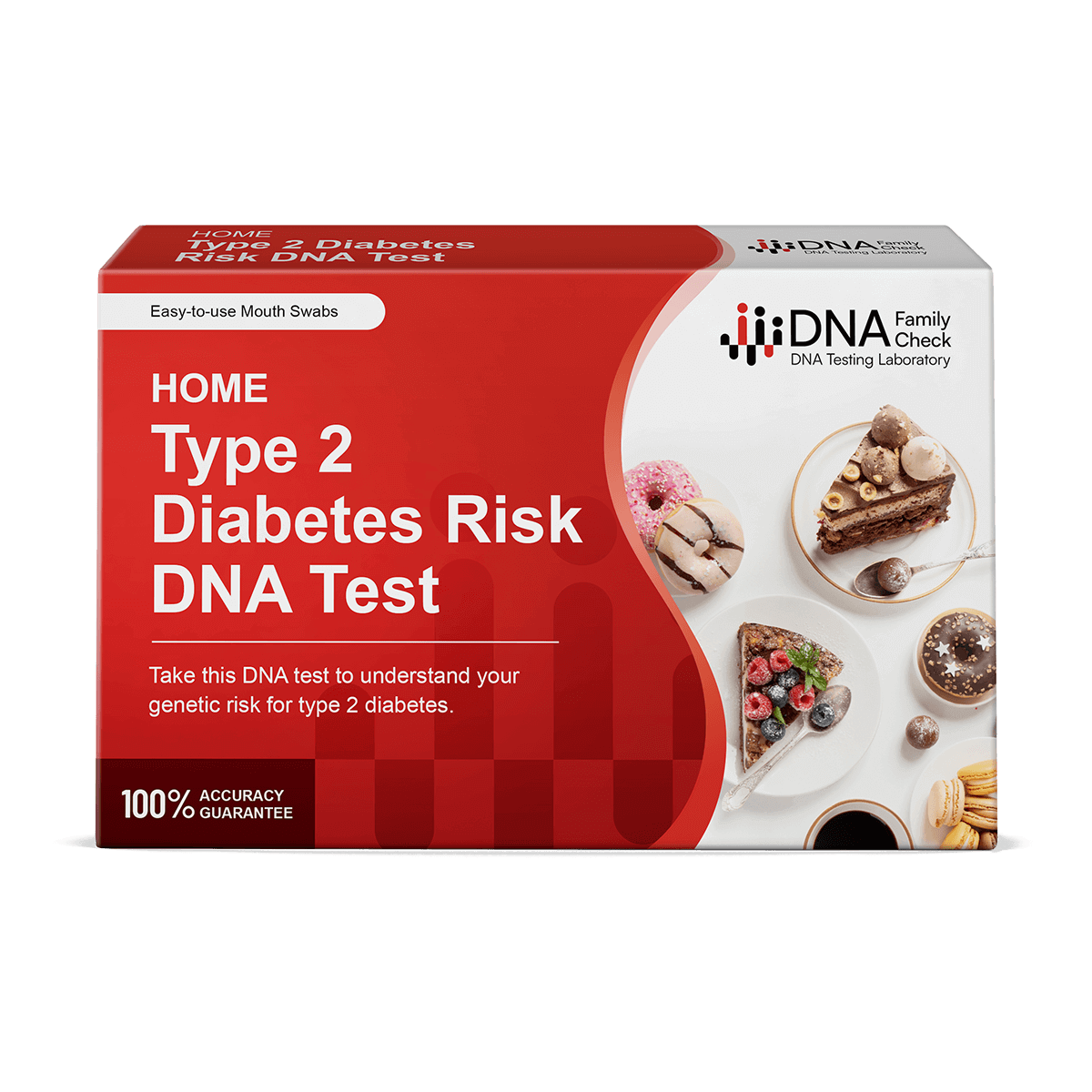

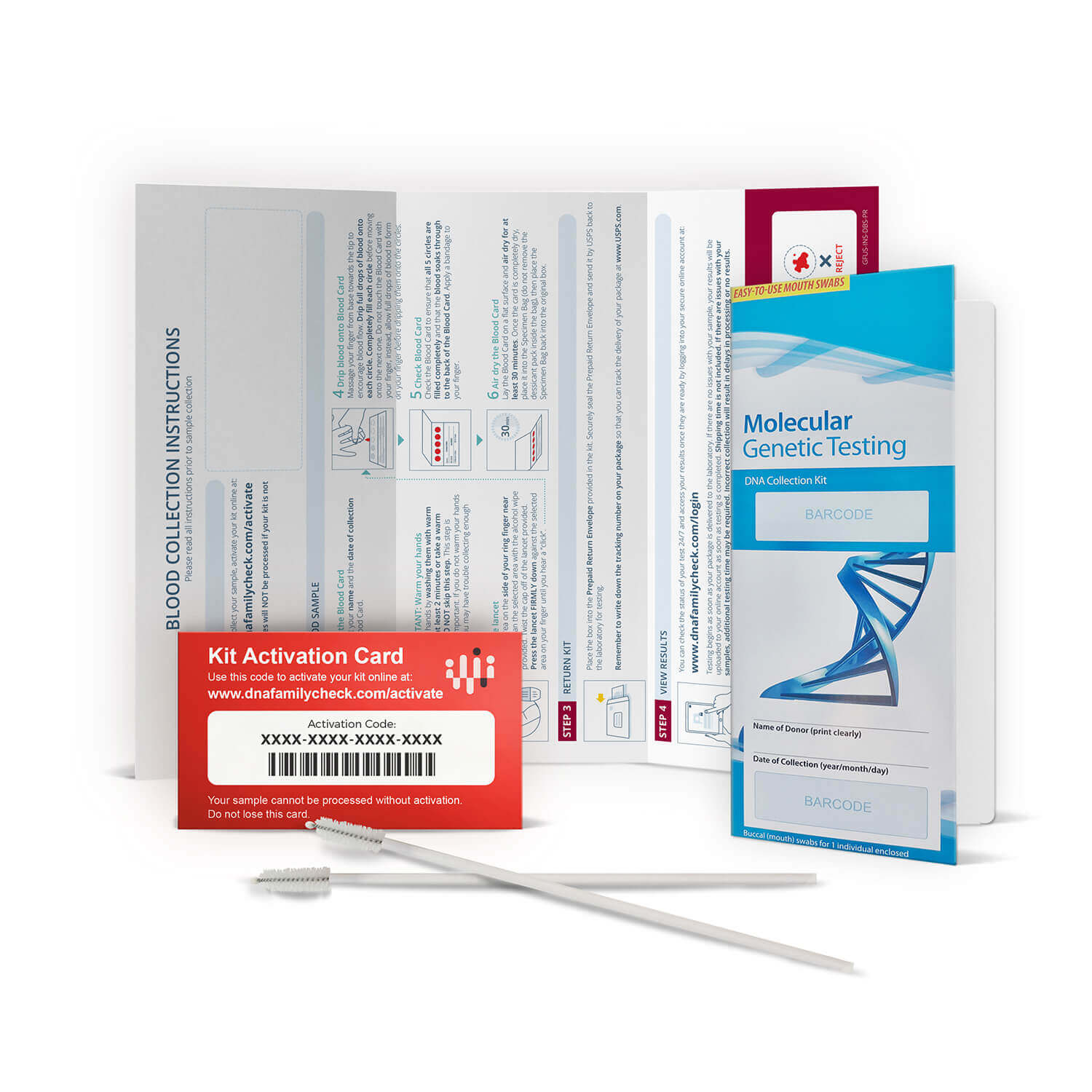
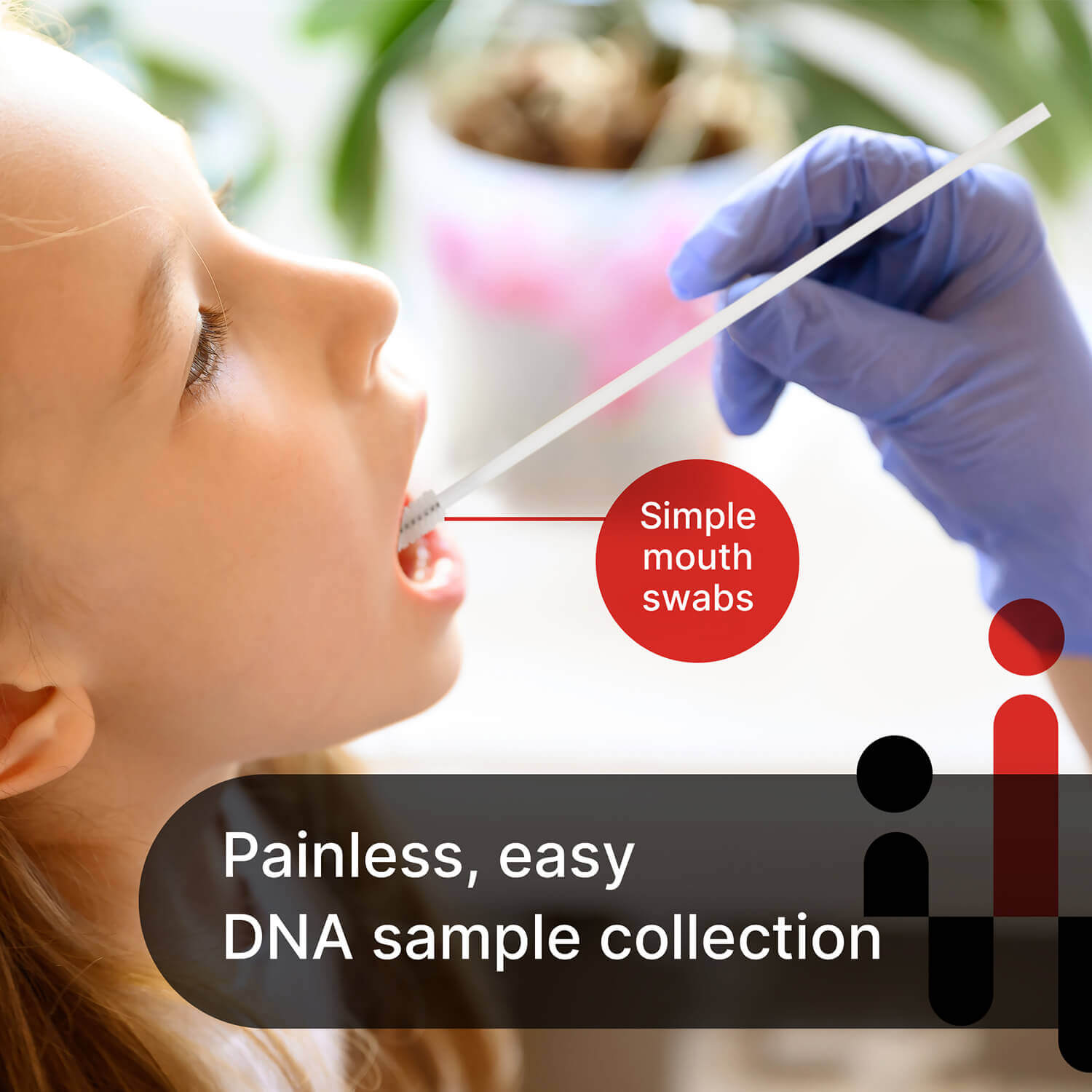
Type 2 Diabetes Risk DNA Test
$349.00
The Type 2 Diabetes Risk DNA Test helps assess your genetic predisposition to type 2 diabetes by analyzing variants in several genes that influence hunger, insulin sensitivity, and glucose metabolism, including FTO, GLUT2, and GCK.
- Analyze genetic markers linked to type 2 diabetes risk, including FTO, GLUT2, and GCK.
- Easy, at-home cheek swab collection.
- Access your results securely online with privacy assured.
Summary
What is Type 2 Diabetes?
Type 2 diabetes is a widespread chronic condition that affects how your body uses glucose. It occurs when your body either becomes resistant to the effects of insulin or doesn’t produce enough insulin to maintain normal blood sugar levels. Over time, high blood sugar can lead to serious health complications.
Genetics play a key role in determining a person’s susceptibility to type 2 diabetes, making it essential to understand your genetic risk for the condition.
Type 2 Diabetes Risk DNA Test
The Type 2 Diabetes Risk DNA Test evaluates genetic variants that influence glucose regulation, insulin sensitivity, and fat metabolism, providing personalized insights into your risk for developing type 2 diabetes.
Key Genetic Variants Tested
The Type 2 Diabetes Risk DNA Test analyzes the following key genetic variants known to influence the risk of developing type 2 diabetes:
- FTO: Variants in this gene are associated with increased hunger and reduced satiety, contributing to higher calorie intake and a greater risk of obesity, which is closely linked to type 2 diabetes.
- GLUT2: This gene influences glucose transport in the liver and pancreas, impacting how efficiently your body regulates blood sugar levels.
- FABP2: Variants in this gene are linked to altered fat metabolism, which can increase insulin resistance.
- FADS1: This gene affects how your body processes dietary fats, potentially contributing to inflammation and insulin resistance.
- SOD2: Variants in this gene can lead to increased oxidative stress, which has been linked to insulin resistance and a higher risk of type 2 diabetes.
- G6PC2: This gene impacts fasting glucose levels by influencing how the body releases stored glucose from the liver.
- GCKR: Variants in this gene affect glucose metabolism and are associated with higher fasting glucose levels.
- MADD: This gene is involved in insulin signaling pathways; however, its direct impact on insulin production and type 2 diabetes risk requires further research.
- TCF7L2: One of the strongest genetic predictors of type 2 diabetes, variants in this gene affect insulin secretion and sensitivity.
- HNF4A: Variants in this gene disrupt normal insulin production, contributing to a higher risk of diabetes.
- ACC2: This gene is involved in fatty acid metabolism and energy expenditure, and its variants can increase insulin resistance.
- IRS1: Variants in this gene are linked to increased insulin resistance, particularly in individuals with a higher BMI.
- PROX1: This gene impacts the development of pancreatic beta cells, which are responsible for producing insulin.
- GLIS3: Variants in this gene affect insulin production and have been linked to both type 1 and type 2 diabetes.
- ADIPOQ: This gene influences adiponectin levels, a hormone that regulates glucose and fat metabolism. Lower levels are associated with increased insulin resistance.
- SLC30A8: Variants in this gene affect insulin storage and secretion, contributing to the development of type 2 diabetes.
- CRY2 and MTNR1B: These genes regulate circadian rhythms and melatonin signaling, and variants can disrupt glucose metabolism.
- HIF1A: Variants in this gene affect glucose metabolism and are linked to increased insulin resistance.
The Type 2 Diabetes Risk DNA Test offers a comprehensive analysis of genetic factors that influence your risk of developing type 2 diabetes. Understanding your genetic predisposition to type 2 diabetes allows for proactive measures to reduce your risk and manage your health effectively.
How it works

Collect

Ship

Results
Benefits
Convenience
No Hidden Fees
Fast & Accurate
Secure Online Access
About
Why DNA Family Check?
With over 20 years of experience and a proven track record, DNA Family Check is the trusted leader in relationship DNA testing. Our high-volume accredited laboratory has helped millions of families worldwide find answers and resolve questions about their relationships. As pioneers in the industry, we were one of the first to introduce the easy cheek swab method that's now the industry standard.
With our longstanding commitment to excellence and innovation, it's no wonder we're America's #1 choice for paternity answers. Our accredited laboratory is dedicated to providing accurate, reliable, and confidential results, ensuring that families receive the truth they need to move forward. With DNA Family Check, you can trust that you're in good hands.
